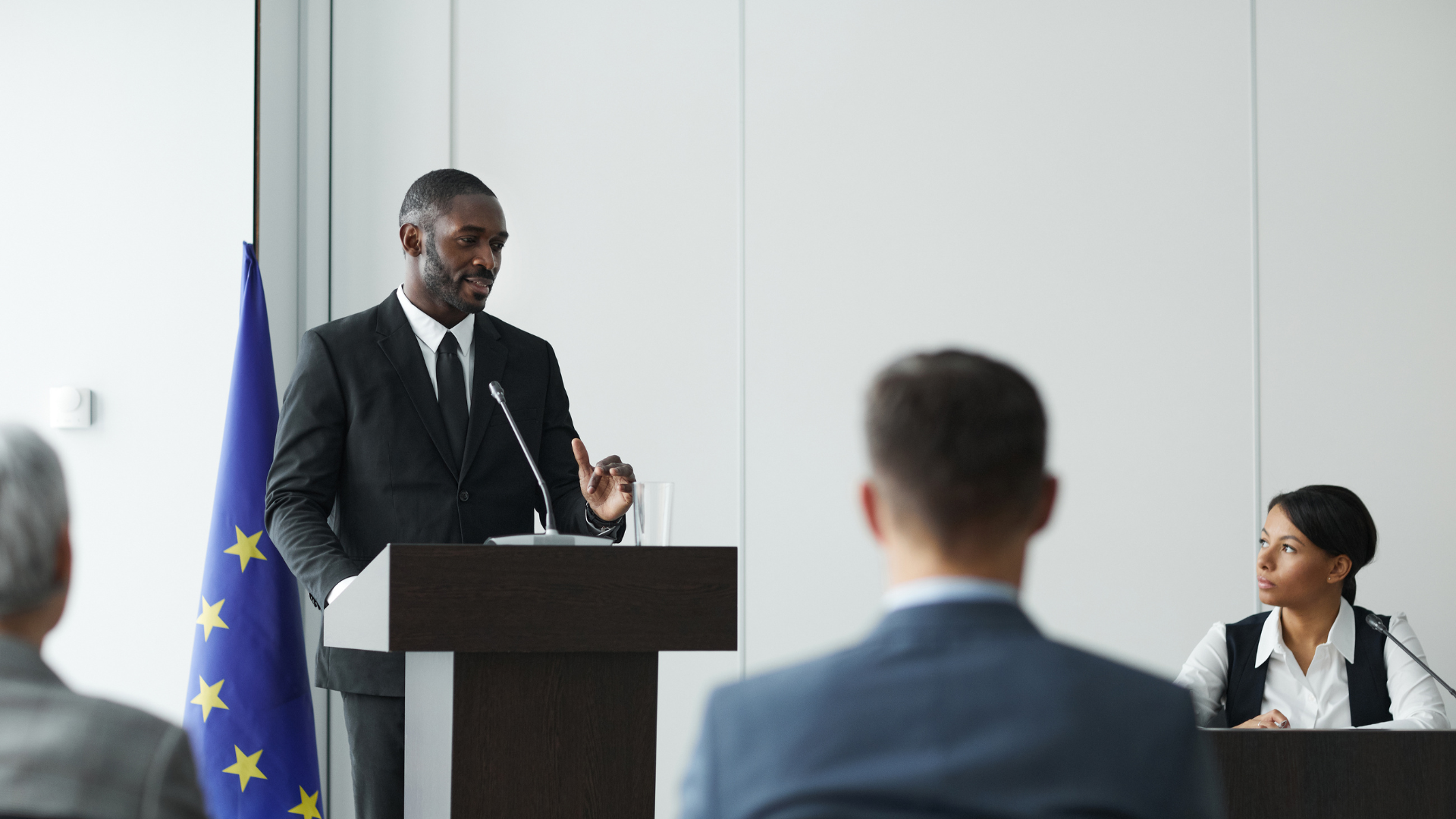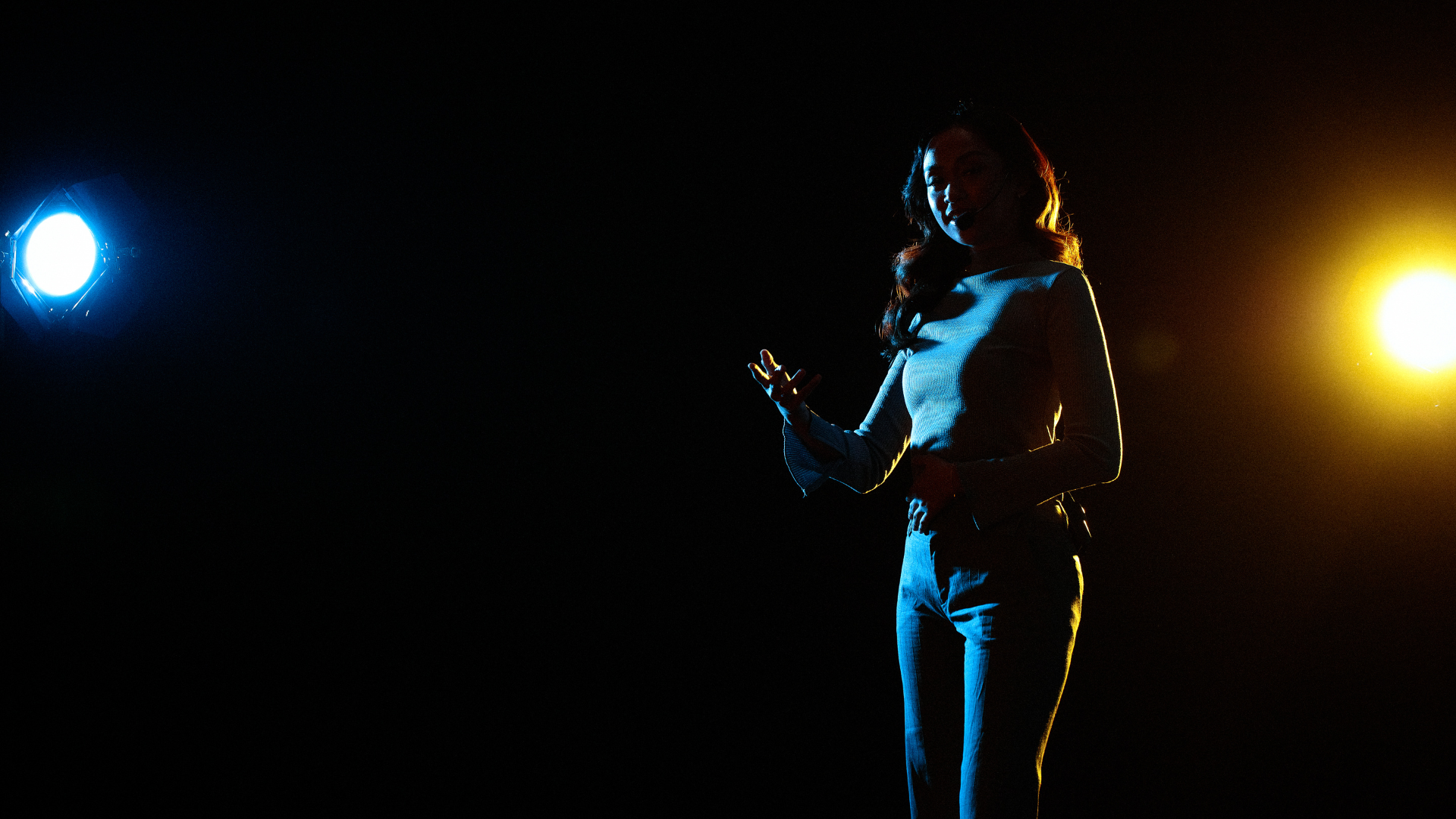Meditation for Anxiety and Overthinking: A Growth Plan for Professionals
Meditation for Anxiety and Overthinking: A Growth Plan for Professionals
Why Professionals Turn to Meditation for Anxiety and Overthinking
In today’s high-pressure work environment, professionals are often caught in a cycle of overthinking, stress, and mental fatigue. The ability to think critically is a strength, but when thoughts spiral into excessive worry, it leads to decision fatigue, procrastination, and emotional exhaustion. This is why more professionals are asking about meditation for anxiety and overthinking—not because they are incapable, but because they want to unlock their full mental clarity and potential.
What Is Overthinking and How Does It Impact Professionals?
Overthinking occurs when thoughts loop endlessly without resolution, leading to analysis paralysis. According to the American Psychological Association (APA), chronic stress and anxiety weaken cognitive function, affecting productivity, decision-making, and emotional resilience (source).
Signs of Overthinking in Professionals:
- Constantly second-guessing decisions
- Replaying conversations and situations in their head
- Struggling to disconnect from work and relax
- Avoiding decisions due to fear of making mistakes
- Feeling mentally exhausted but achieving little progress
Studies show that excessive rumination activates the amygdala, the brain’s fear center, and suppresses the prefrontal cortex, responsible for rational thinking (Harvard Medical School). This makes small problems feel overwhelming and leads to stress-induced inefficiency.
How Meditation Helps with Anxiety and Overthinking
Meditation is a scientifically proven tool for improving mental clarity and emotional regulation. Research from Johns Hopkins University found that mindfulness meditation reduces anxiety levels by 20% or more (source).
What Happens in the Brain During Meditation?
- Decreases activity in the Default Mode Network (DMN): The DMN is responsible for self-referential thoughts, often linked to worry and rumination. Meditation quiets this network, helping professionals detach from overanalyzing.
- Reduces cortisol levels: Studies from Stanford University show that just 10 minutes of daily meditation lowers stress hormones (source).
- Strengthens the prefrontal cortex: This enhances focus, decision-making, and emotional control, allowing professionals to approach challenges with clarity.
Real-Life Scenarios: How Professionals Benefit from Meditation
1. The Overthinking Manager Preparing for a Big Presentation
Scenario: A senior executive spends weeks preparing for a board meeting but can’t stop overanalysing every possible question and outcome.
The Meditation Solution: Practicing focused breathing meditation before the meeting shifts attention from “what ifs” to present moment confidence, leading to a clear, compelling presentation.
2. The Entrepreneur Struggling with Decision Fatigue
Scenario: A startup founder juggles multiple business decisions daily, leading to stress and decision paralysis.
The Meditation Solution: A daily mindfulness routine helps them pause, clear mental clutter, and make high-impact choices without overanalyzing.
3. The Professional Who Can’t Disconnect from Work
Scenario: A consultant checks emails late at night, feeling trapped in an endless work cycle.
The Meditation Solution: Evening meditation triggers the parasympathetic nervous system, signaling the body to relax and prepare for restorative sleep.
Coach Faisal’s Growth Plan Approach to Overcoming Overthinking
At Coach Faisal’s Growth Plan, we don’t just teach meditation—we help professionals understand their mental patterns and apply practical strategies to shift from overthinking to confident action.
The 3-Step Growth Plan for Anxiety and Overthinking:
- Awareness: Recognizing Mental Overload
- Identify personal triggers of overthinking.
- Assess how it affects decision-making and well-being.
- Application: Practicing Meditation and Mental Clarity Techniques
- Guided meditation for professionals focusing on intentional awareness.
- Breathing exercises to shift from stress to clarity.
- Action: Building Mental Resilience and Execution
- Developing a structured thought process for quick decision-making.
- Using meditation techniques before high-pressure situations.
Meditation Techniques for Professionals with Busy Schedules
You don’t need to meditate for hours. 5-10 minutes a day can create powerful shifts. Here are practical techniques:
1. 4-7-8 Breathing for Instant Calm
How it works:
- Inhale through your nose for 4 seconds.
- Hold your breath for 7 seconds.
- Exhale slowly for 8 seconds.
Benefit: Activates the parasympathetic nervous system, reducing stress instantly.
2. Thought Labelling for Overthinking Reduction
How it works:
- When a stressful thought arises, label it: “This is planning,” “This is worry,” “This is self-doubt.”
- Acknowledge it and let it pass without attachment.
Benefit: Detaches emotional charge from thoughts, bringing clarity.
3. Body Scan Meditation for Relaxation
How it works:
- Close your eyes and scan your body from head to toe.
- Notice tension and consciously relax each area.
Benefit: Releases physical stress stored in muscles, improving focus.
Coaching Services for Professionals Seeking Clarity and Growth
If you’re a professional struggling with overthinking and mental exhaustion, meditation is just one part of the solution. Coach Faisal’s Growth Plan offers:
✅ 1-on-1 Coaching Sessions – Personalized strategies for clarity and confidence. ✅ Executive Mindfulness Training – Tailored meditation techniques for leadership roles. ✅ High-Performance Growth Plans – Step-by-step coaching for decision-making and stress management. https://www.bycoachfaisal.co.uk/coaching
Outcomes of Working with Coach Faisal
After coaching, professionals experience:
- 🔹 Stronger mental resilience to handle high-pressure environments.
- 🔹 Improved focus and productivity by reducing mental clutter.
- 🔹 Greater emotional balance, leading to less anxiety and more confidence.
- 🔹 Faster decision-making with less hesitation and overthinking.









